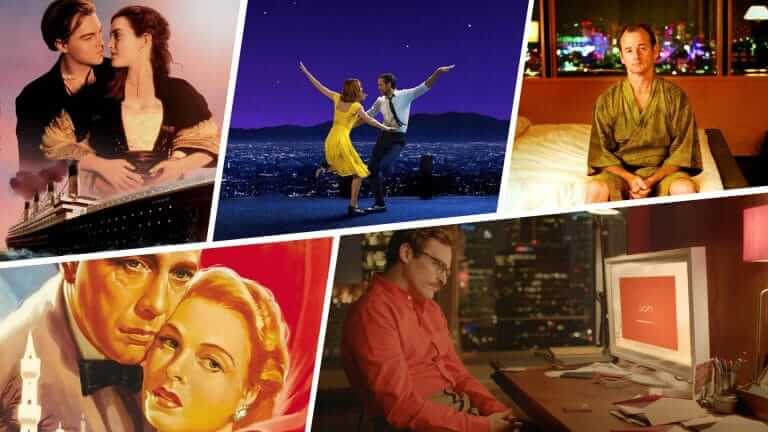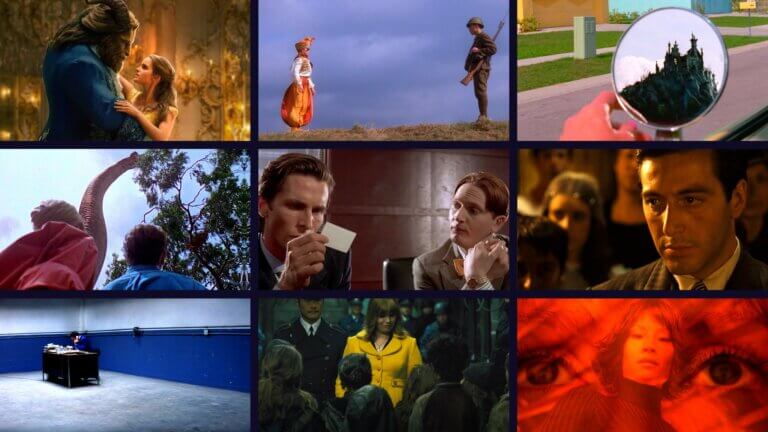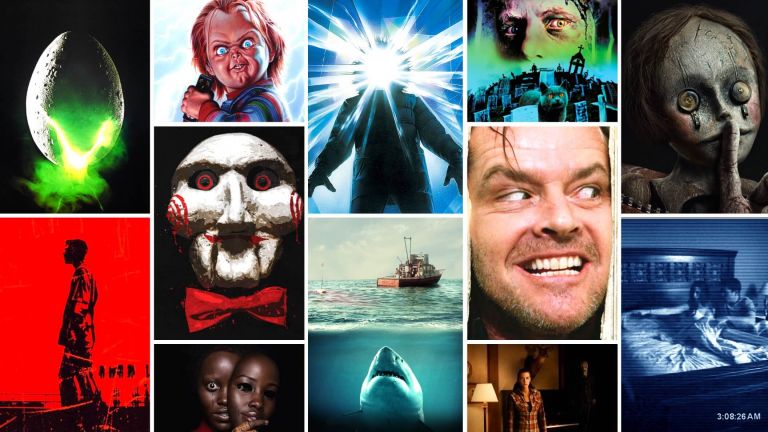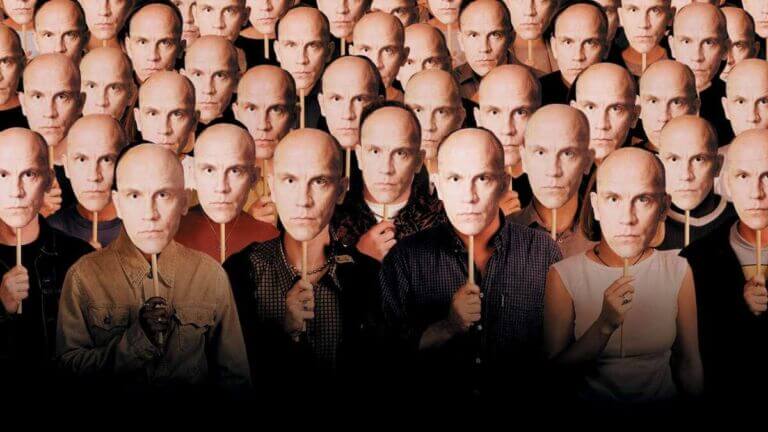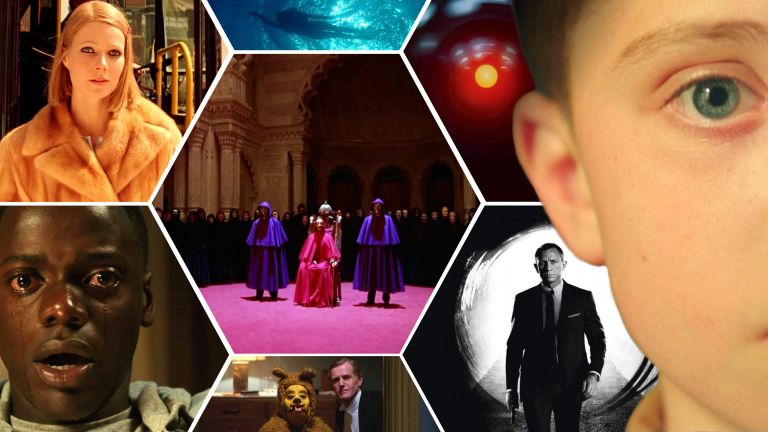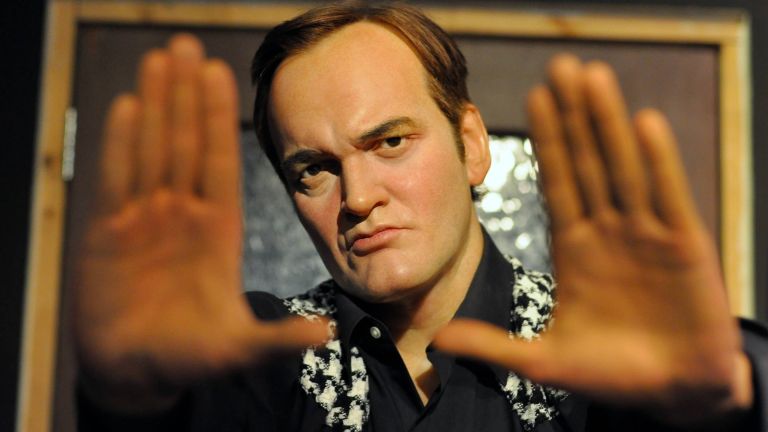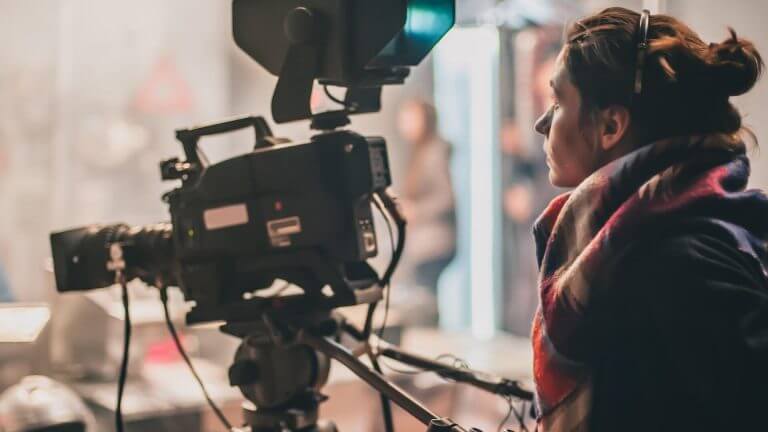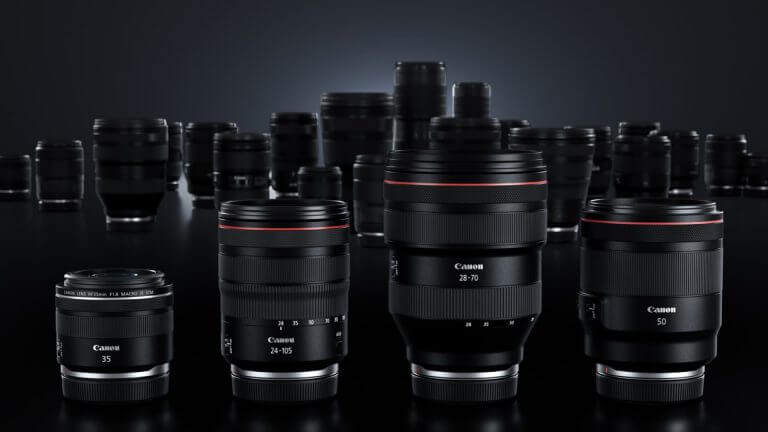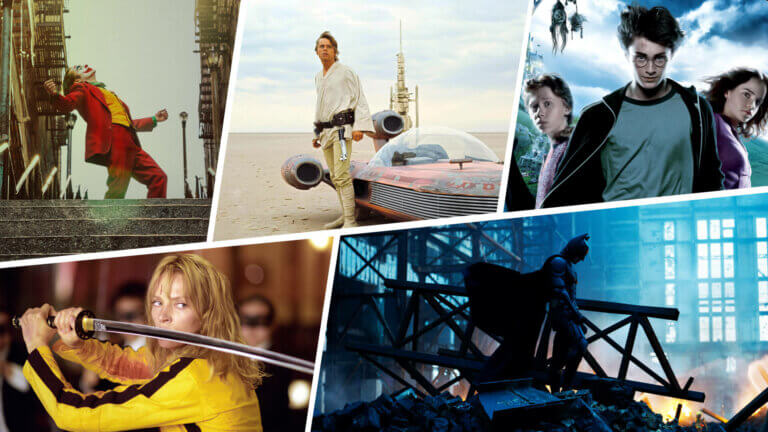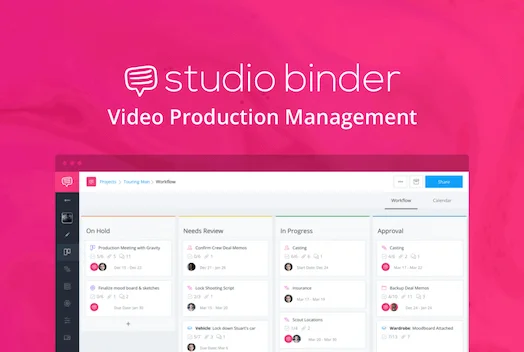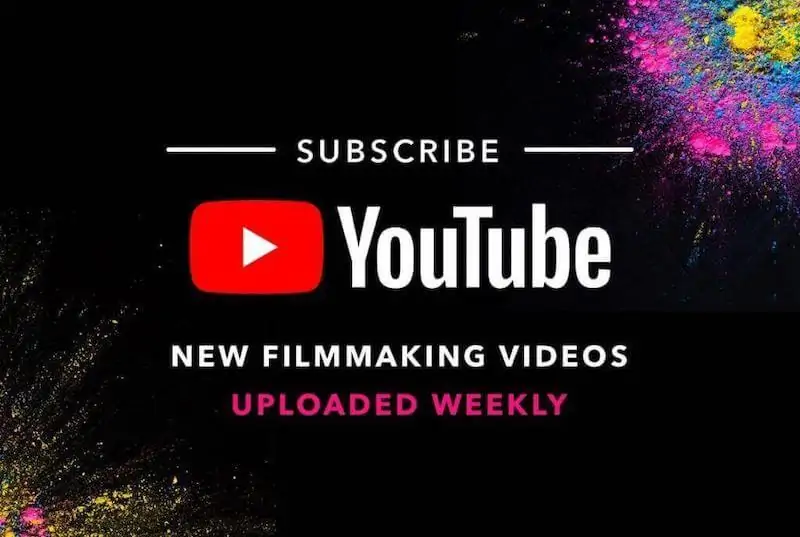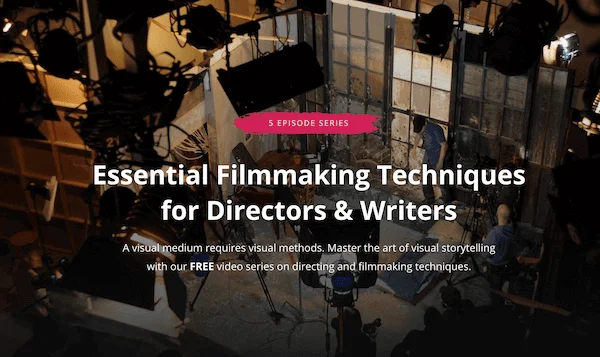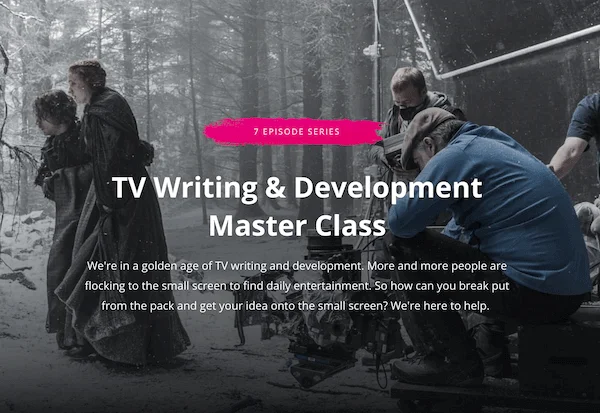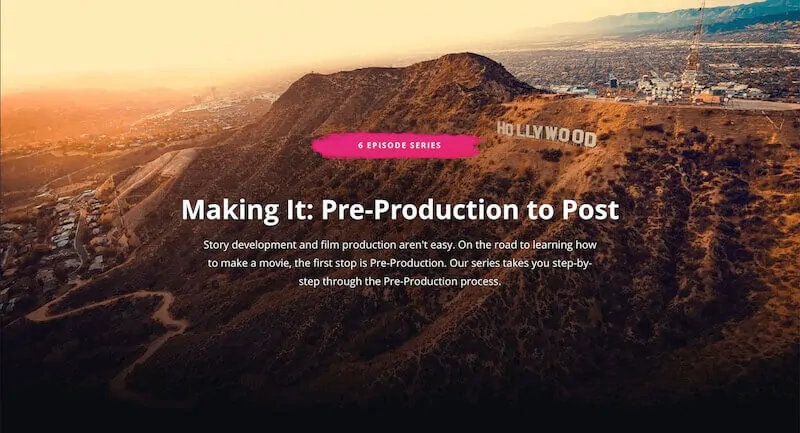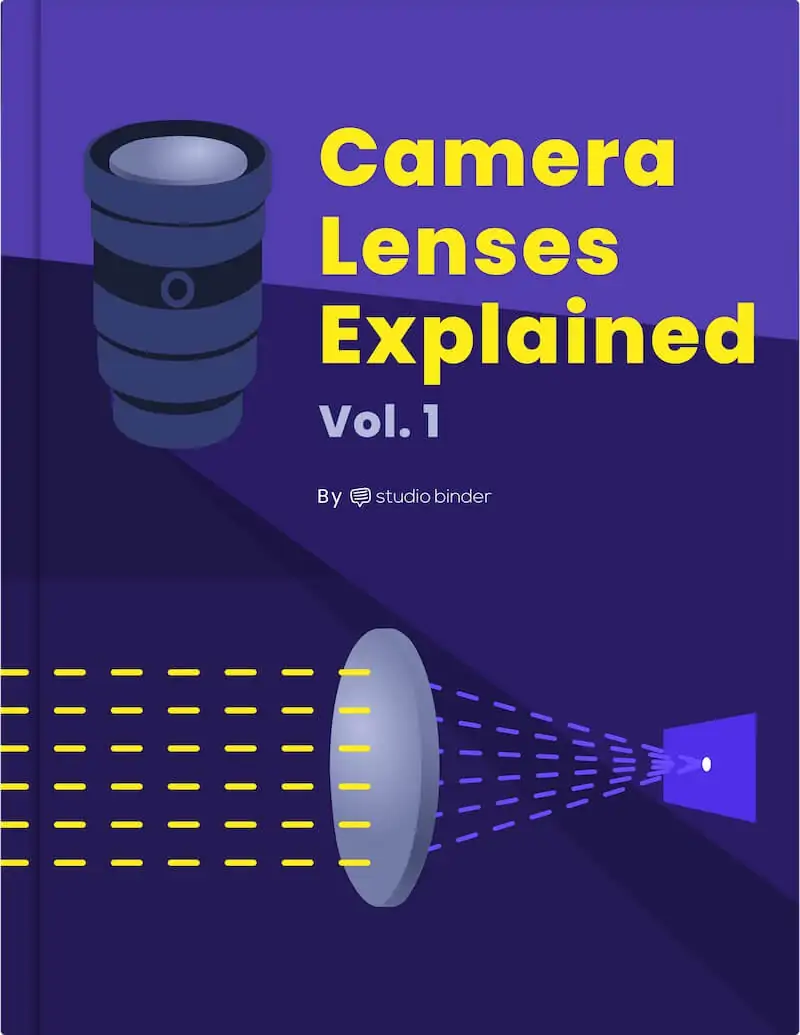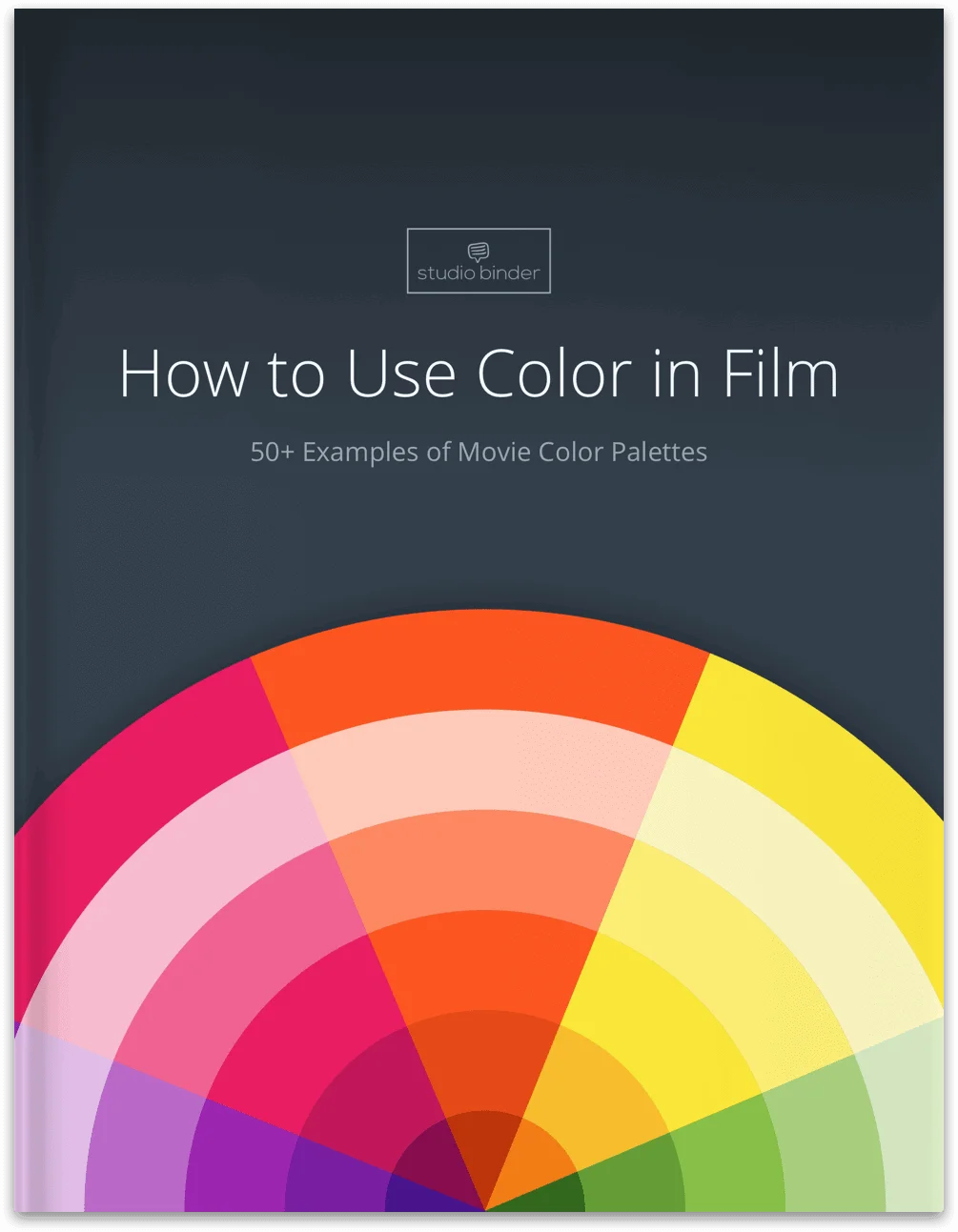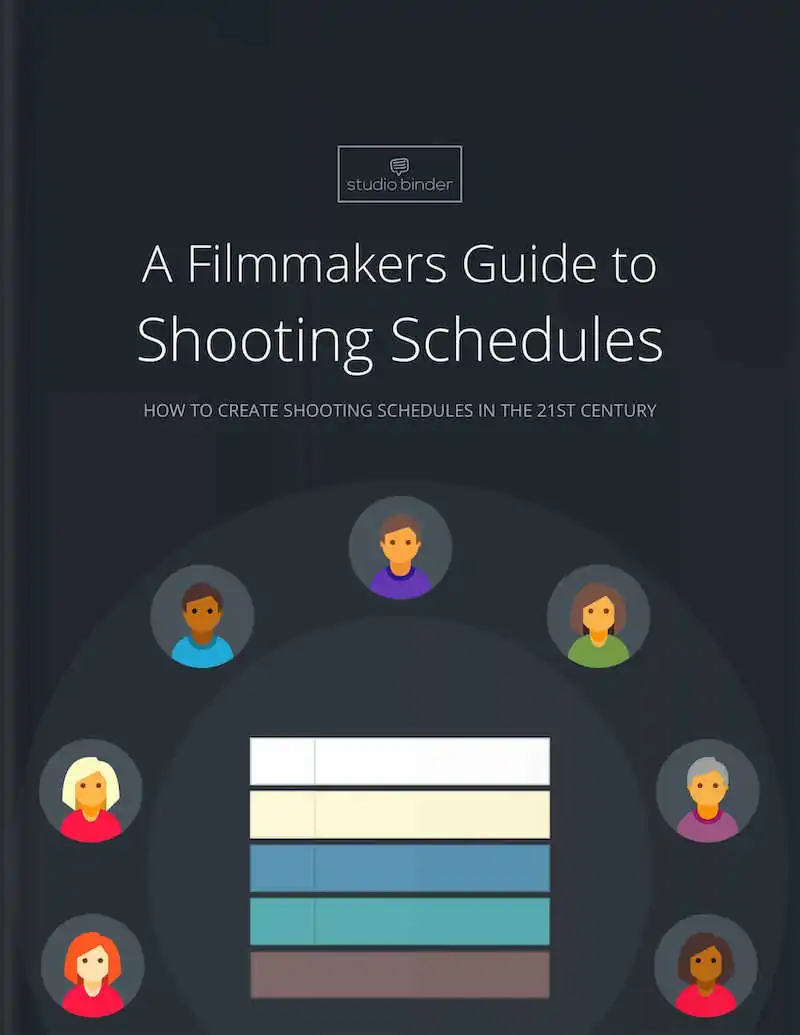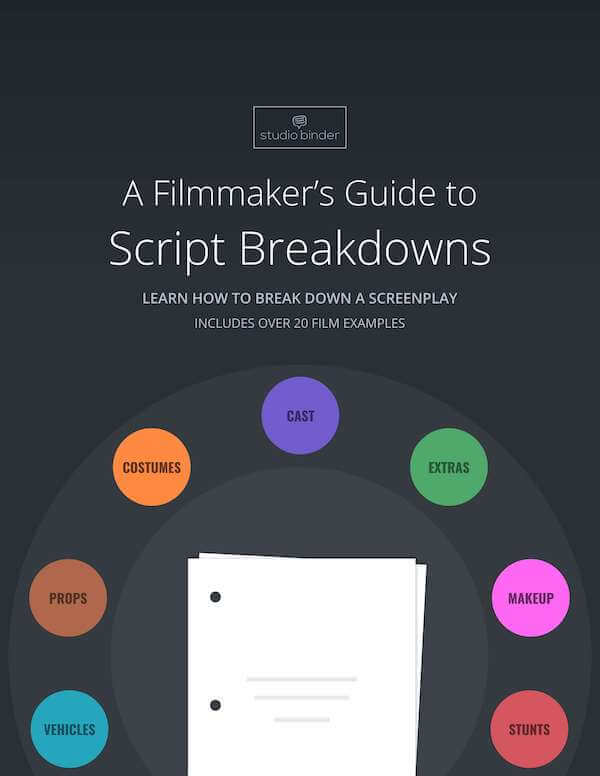There’s more than one occasion to break out the pint of ice cream and dive into the genre of romance. Whether you are going through a breakup, looking for a romantic watch with your significant other, or searching for a rom-com to watch with roommates on movie night, finding a great romantic film can be difficult. So, we’ve compiled a list of the best romantic movies of all time that have touched audiences' hearts for years. From the hilarious to the dramatic, this list will be sure to give you a few options to cry, laugh, or smile in the…
Two is always better than one when it comes to Juxtaposition. Other than being the game-winning word in your next Scrabble match, what is juxtaposition? It is a frequently used term throughout the artistic world from photography to literature to film. Despite its frequent use, its meaning can be quite vague. We'll define juxtaposition with examples in film so that you can use it throughout your next project.Continue reading What is Juxtaposition in Film? Definition and Examples
What are the best horror movies of all time? From zombies to your nextdoor neighbor, films have found fear from a wide variety of sources over the decades. From silent-era classics like Nosferatu to modern psychological thrillers, horror continues to evolve.In this blog, we’re providing all of you filmmakers out there with the definitive list of the best horror films ever made. We’ll discuss what makes each film so scary and why it’s worth watching. We’ll even point you in the right direction, so you know where to watch these films if you ever feel like scaring yourself.Continue reading 100…
What is Surrealism in film? To understand the best Surrealist films, we need to know the basics of the term. You can probably imagine what "realism" might be — strict adherence to reality. Surrealism takes the "rules" and expectations of realism and turns them on their head; logic and reason need not apply. Filmmakers have embraced this freedom and creative expression for almost a century and produced some of the most fascinating work along the way. Let's define Surrealism and take a closer look at some of the best Surrealist films.Continue reading What is Surrealism? Definition and Examples for Filmmakers
When you’re working on a movie or TV show, it can be hard to plant the audience inside the character's point of view. Today we’re going to go over the POV, or point of view shot. We’ll define it, see it in action, and talk about why it belongs on your shot list. Continue reading Point of View Shots: Creative Camera Movements & Angles
Becoming a film director isn’t a straight path. There are multiple ways of getting there but, ultimately, there's only one driving force: you. Regardless of your education or current skill set, if you want to make movies, you will. But that’s easier said than done, so let’s go a little deeper to answer how to become a director. Continue reading How to Become a Director: Learning from Seasoned Filmmakers
Browse Film Terms A B C D E F G H I J K L M N O P Q R S T U V W X Y Z Whether you’re working on your first or 100th film, there is always something new to learn. When you need to update your film terminology, this resource will be your best friend. We’ve included as many film terms as humanly possible all on one page, so let’s get into it.Continue reading Ultimate Guide to Film Terms: The Definitive Glossary of Film Terminology
Choosing a lens is a key determinant to the composition of a shot. When first deciding what lens you want to reach for, you must first decide whether the shot calls for a prime lens or a zoom lens. What is a zoom lens? In this article we’ll answer all your questions about zoom lenses and examine how some of the best filmmakers of all time use these lenses to create some of the most iconic shots in cinema.Continue reading What is a Zoom Lens? Definition and Examples in Photo and Film
What is a protagonist? What makes a story truly memorable? Often, it's the protagonist—the driving force who takes us on an unforgettable journey. Many refer to it as the leading character in a story. But is the protagonist something more? Or something less? To understand the definition fully, we need to look at how different types of protagonists are used in screenwriting. This will help us understand, what is a protagonist, and which type works best for our scripts.Continue reading What is a Protagonist — Definition & Examples for Screenwriters
There are a lot of intricacies in scripts that present challenges to even the most veteran of screenwriters. The process of writing a script is difficult enough but the vocabulary, abbreviations, and defintions related to the job can be a bit elusive. But don’t worry, we’re going to cover a variety of screenwriting terms that every screenwriter needs to know. By the end, you’ll be ready to apply a variety of screenwriting techniques to your own script.Continue reading Screenwriting Terms — Abbreviations, Definitions & Vocab
